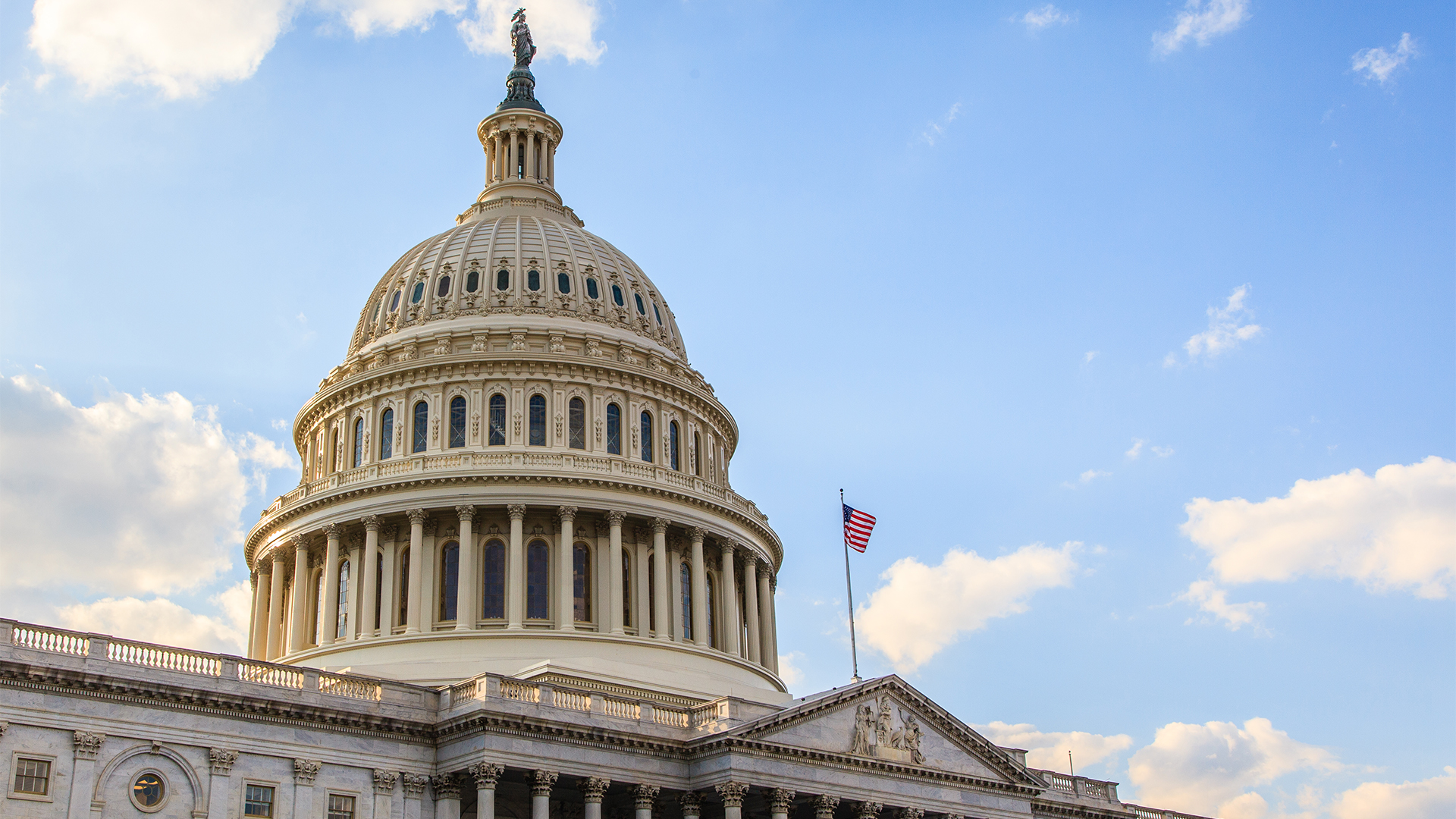Web forces libel law update
The government is looking for feedback on how libel laws should be updated to be more inclusive of web publishing.


Libel laws will be updated to bring them in line with the internet era.
The Ministry of Justice today kicked off a consultation on defamation and how the internet has changed the way publishing works. The current laws date from as far back as the 1840s which the MoJ claims is "long before the internet arrived."
For example, defamation law requires claims be made within a year of publishing, which might make sense for a newspaper where the copies will for the most part disappear, but is problematic with the web storing content for long into the future.
In addition, the government wants to look at what online publishing actually means - is it "republished" every time the page loads? Such a definition could affect the multiple publication aspect of defamation law, with each publication of the text in question potentially leading opening up a new libel claim.
"Existing defamation law needs to be updated so it is fit for the modern age, and it is important we listen to views on the best way to achieve this," said Secretary of State for Justice Jack Straw, in a statement.
"Freedom to hold and express opinions is a right that is vital to democracy, as is respect for the rights and freedoms of others," he added. "How these principles are balanced in the fast-changing internet age is a fascinating debate."
The consultation is open until 16 December, with more details available here.
Sign up today and you will receive a free copy of our Future Focus 2025 report - the leading guidance on AI, cybersecurity and other IT challenges as per 700+ senior executives
Freelance journalist Nicole Kobie first started writing for ITPro in 2007, with bylines in New Scientist, Wired, PC Pro and many more.
Nicole the author of a book about the history of technology, The Long History of the Future.
-
 OpenAI sets February retirement date for popular GPT-4o model
OpenAI sets February retirement date for popular GPT-4o modelNews OpenAI has confirmed plans to retire its popular GPT-4o model in February, citing increased uptake of its newer GPT-5 model range.
-
 ITPro Podcast: Amazon layoffs and the return of XPS
ITPro Podcast: Amazon layoffs and the return of XPSITPro Podcast This year's tech layoffs have just begun, as Amazon sheds 16,000 workers in one go
-
 UK’s ‘Tech Prosperity Deal' with US hits rocky ground
UK’s ‘Tech Prosperity Deal' with US hits rocky groundNews The US has reportedly threatened to pull out of the deal over the Digital Services Tax and broader economic disagreements
-
 Google drops cloud complaint against Microsoft
Google drops cloud complaint against MicrosoftNews Anticompetitive concerns aren't gone, but Google is leaving the battle to the EC instead
-
 ‘A major step forward’: Keir Starmer’s £187 million tech skills drive welcomed by UK industry
‘A major step forward’: Keir Starmer’s £187 million tech skills drive welcomed by UK industryNews The ‘TechFirst’ program aims to shore up the UK’s digital skills to meet future AI needs
-
 Government’s ‘Humphrey’ AI tool helps local authorities cut costs
Government’s ‘Humphrey’ AI tool helps local authorities cut costsNews The Minute tool, part of the Humphrey AI assistant, is being trialled at 25 councils
-
 A decade-long ban on AI laws is a “terrible idea” for everyone but big tech, critics claim
A decade-long ban on AI laws is a “terrible idea” for everyone but big tech, critics claimNews A proposed decade-long ban on US states implementing AI laws is a "terrible idea" that highlights the scale of big tech lobbying, according to critics.
-
 Starmer bets big on AI to unlock public sector savings
Starmer bets big on AI to unlock public sector savingsNews AI adoption could be a major boon for the UK and save taxpayers billions, according to prime minister Keir Starmer.
-
 UK government targets ‘startup’ mindset in AI funding overhaul
UK government targets ‘startup’ mindset in AI funding overhaulNews Public sector AI funding will be overhauled in the UK in a bid to simplify processes and push more projects into development.
-
 UK government signs up Anthropic to improve public services
UK government signs up Anthropic to improve public servicesNews The UK government has signed a memorandum of understanding with Anthropic to explore how the company's Claude AI assistant could be used to improve access to public services.
